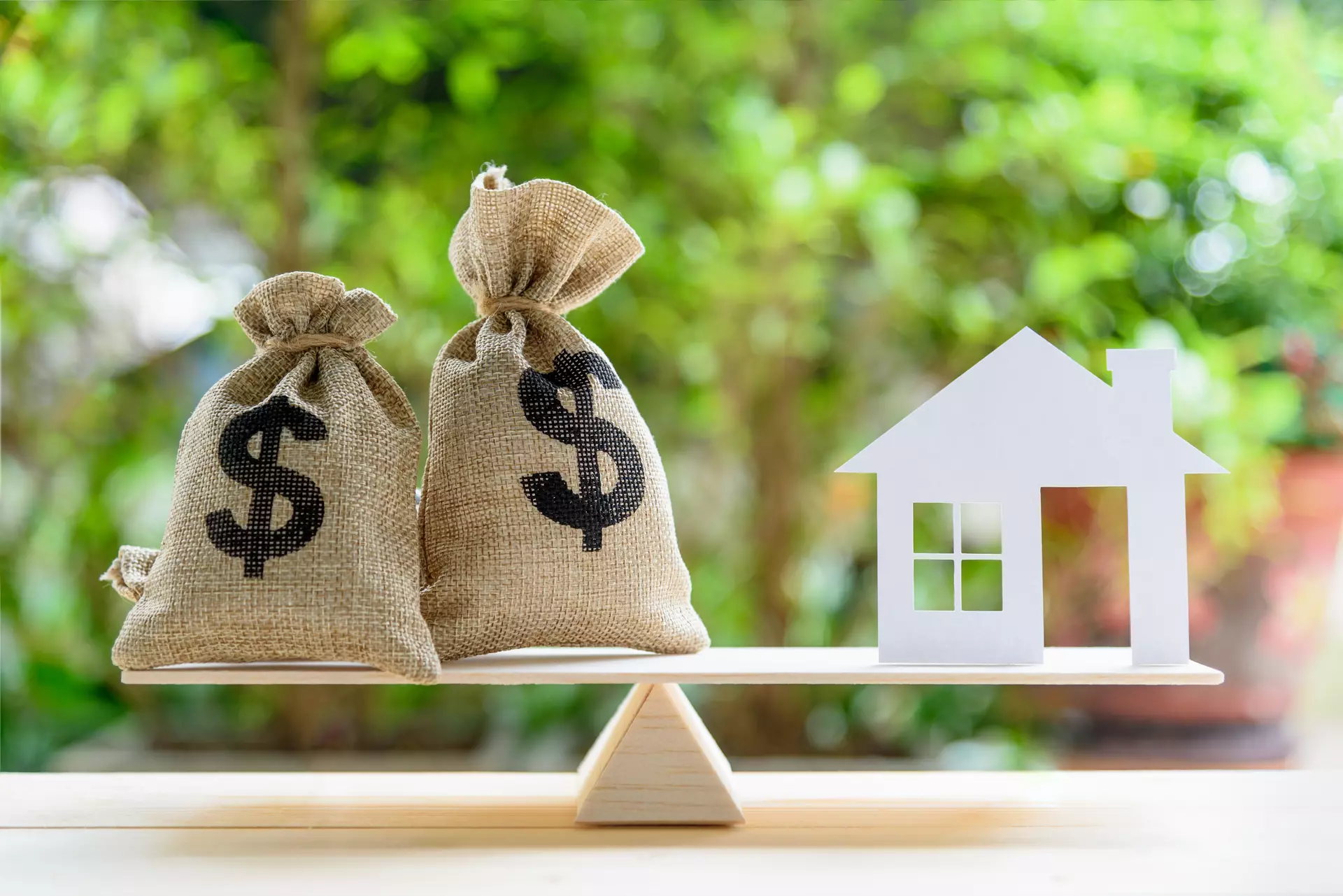Mortgage is a financial term that refers to a loan used to finance the purchase of a property, typically a home. It is a type of loan provided by a lender, such as a bank or a mortgage company, to help individuals or families purchase real estate.
When obtaining a mortgage, the borrower agrees to repay the loan over a specific period, usually with interest, in regular installments.
The mortgage is secured by the property itself, which means that if the borrower fails to make the required payments, the lender has the right to take possession of the property through a process called foreclosure.
More Mortgage Readings
Mortgage Down Payment: How Much to Pay For Your Home Mortgage
Top 10 Home Buying Mistakes People Make
Top 5 Things To Consider When Buying a House
Understanding Mortgage And How to Use it
How to Know if you’re Ready to Buy a House
Key Features of Realtor.com Mortgage Calculator
Features of Freddie Mac Home Possible Mortgage Calculator
Do Credit Scores Impact Your Home Loan?
Mortgages typically involve various terms and features, including the loan amount, interest rate, loan term, down payment, and repayment schedule. The interest rate can be fixed (stays the same throughout the loan term) or adjustable (can fluctuate over time).
The loan term refers to the duration of the mortgage, such as 15 years, 30 years, or any other agreed-upon period.
The borrower’s creditworthiness, income, and financial history play a significant role in determining their eligibility for a mortgage and the terms offered by the lender.
Additionally, there may be other costs associated with a mortgage, such as closing costs, appraisal fees, and mortgage insurance.
Mortgages are an essential tool for individuals and families to realize their dream of homeownership.
They provide the means to purchase a property and gradually pay off the loan over time, allowing borrowers to build equity and potentially benefit from property appreciation.
